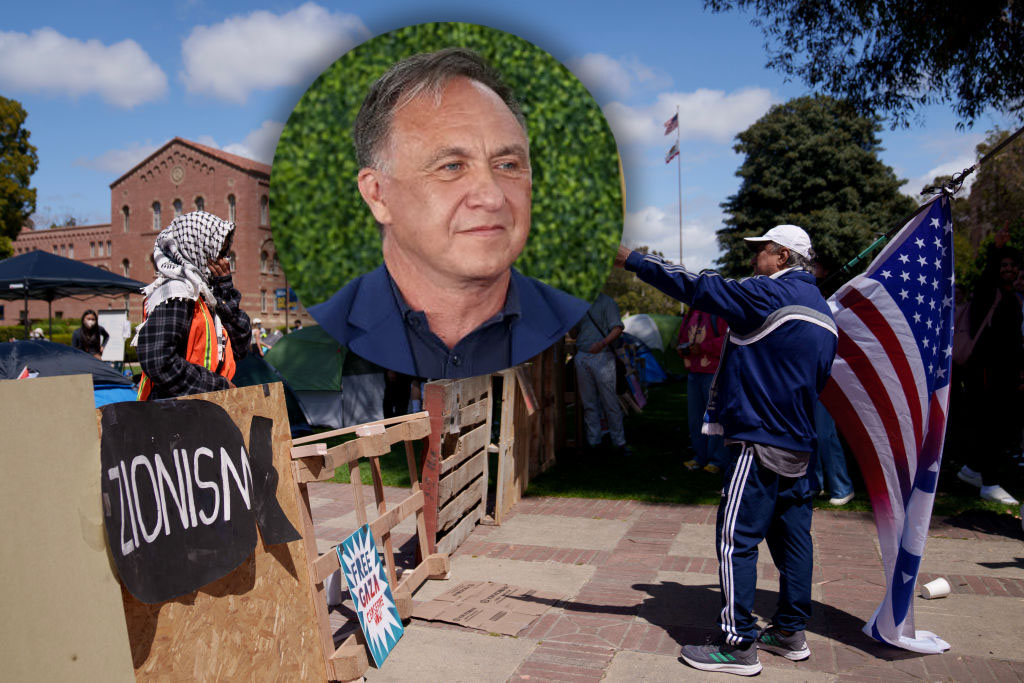The challenge of religious freedom and equality in Israel is central to Israel’s well-being and its partnership with the Jewish people. While hardly anyone among the American-Jewish leadership has denied the desirability of religious freedom, many have attempted to avoid the issue, saying, “This is an internal Israeli issue, we shouldn’t interfere”; “Israel has so many detractors, why should we too be critical?” and “Once there is peace, these issues will be addressed.”
These responses are understandable — but wrong. The fact is the yearning for religious freedom and equality in Israel is coming from Israelis themselves.
According to the 2014 Israel Religion and State Index conducted by Hiddush-Freedom of Religion for Israel, 67 percent of Israeli Jews support partnerships with Diaspora Jewish leadership to advance religious diversity in Israel and freedom of marriage (95 percent of Israeli secular Jews support, while 98 percent of ultra-Orthodox, or Charedi, oppose).
Indeed, this year’s Index — the most comprehensive annual public opinion study of religion and state issues in Israel — provides a compelling answer to the reluctance of many in the Jewish community to engage in this crucial cause. In the Index, released last week, key findings stand out and tell the true story of Israel’s religion/state conflict:
The conflict over religion and state between secular and ultra-Orthodox is seen as Israel’s most acute domestic conflict. The polling was conducted during Operation Protective Edge, when tension between the left and right was heightened; nevertheless, it showed that more Israeli Jews (68 percent) rated the conflict between secular and Charedi as most or second most acute, compared to 67 percent who so rated the conflict between left and right.
A majority of 85 percent supports the view that Israel should practice freedom of religion and conscience (97 percent of the secular support, while 60 percent of the ultra-Orthodox oppose it).
Seventy-eight percent expresses dissatisfaction when asked about the government policies in the area of religion and state.
The study covered numerous areas of the religion and state conflict, including gender equality, conversion, Shabbat, ultra-Orthodox enlistment in the Israel Defense Forces, education, religious aspects of the Gaza war and more. By way of example — a record high support (66 percent) for Israel to recognize all forms of marriage, non-Orthodox as well as civil.
This issue of marriage is symbolic of the explosiveness of the matter. Israel is the only Western democracy that denies its citizens freedom of marriage (putting aside same-sex marriages). Most countries that impose severe restrictions on marriage also impose the Islamic Sharia law. This reality denies hundreds of thousands of Israeli citizens the right to marry and would deny this right to the majority of children growing up in the American-Jewish community. Marriage equality would be a tipping point for the transformation of Israel to embrace its founding vision of religious diversity.
The fact that these issues are uppermost in Israelis’ minds has compelled American Jewry into weighing in as well. We applaud this year’s dramatic shift in major sectors of the organized American-Jewish community, which are recognizing that there is no greater pro-Israel stand than advocating for religious freedom. Such has been the initiative taken by the Jewish Federations of North America, officially promoting freedom of marriage in Israel, the American Jewish Committee, which crafted a strategy to challenge the Israeli Chief Rabbinate’s monopoly on religious life, and the Jewish People Policy Institute, which issued a historical report pointing to universal Jewish concern over matters on religion and state in Israel. In Los Angeles, the Board of Rabbis of Southern California recently adopted a resolution calling for freedom of marriage in Israel, which Hiddush drafted with Elliot Dorff, a professor of philosophy at American Jewish University.
This is not a clash between Orthodox and non-Orthodox, but rather between those who desire a Jewish and democratic Israel, embracing Jewish diversity and respecting civil liberties and religious freedom, and those rejecting democracy, shunning religious diversity, and attempting to use their political clout to enforce their religious monopoly over all Jews. It is no wonder that more and more Orthodox rabbis, intellectuals and groups in Israel and in America are joining in support of religious freedom. They understand that religion by coercion is not religion, but political coercion. And they know that with realization of religious freedom, Israel would be more democratic, inclusive, just … and more Jewish. As we enter the New Year, should we settle for anything less?
Stanley P. Gold is chair of Hiddush-Freedom of Religion for Israel, and Uri Regev is the president and CEO.
The complete 2014 Religion and State Index





















 More news and opinions than at a Shabbat dinner, right in your inbox.
More news and opinions than at a Shabbat dinner, right in your inbox.